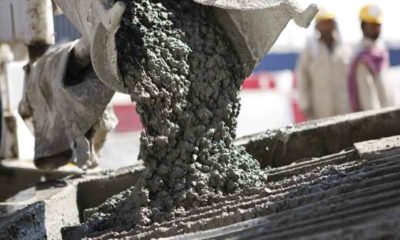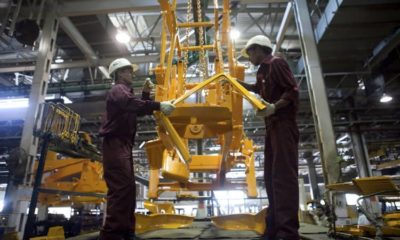In a bid to revamp the rubber industry and encourage its local processing into tyres and other items, the federal government has set up a technical committee to look into how rubber production can be improved and the capacity of rubber trees enhanced within six years.
The committee was inaugurated by Nigeria’s Trade Minister, Niyi Adebayo.
According to Adebayo, the committee will work with various states in Nigeria and come up with a roadmap on how the rubber industry can be revived.
While speaking to the newly inaugurated committee, the minister said; “You are to develop policy guidelines that will bring back local tyre manufacturing and develop a framework to secure government’s funding for the industry.
“I request the committee to set up subcommittees that will address some specific issues concerning rubber plantations, tyre industry, proper processing, and financing.
“I want to assure you of the continued support of the Federal Government to resuscitate Nigeria’s rubber and tyre industry.”
Also, the National President of the National Rubber Producers, Processors, and Marketers Association of Nigeria (NARPPMAN), Prince Peter Igbinosun, who also commented on the federal government’s plan to revive the rubber industry, stated that rubber production gives good returns on investment and high volumes of by-products.
In his words; “it is engaging and creates employment opportunities at various levels of its value chain”.
“We are looking forward to a vibrant committee that will develop at least a 10-year rubber development policy that will encourage investments, especially raw materials for industrial growth and development.
“Rubber has six years to seven years gestation period, which is a serious disincentive to investors and financial houses.
“Rubber production is capital intensive, labour intensive, land-intensive, and requires special skills in production.
“Recommending a special package for developing long gestation crops like rubber by the CBN should be one of the responsibilities of this committee,’’ Igbinosun said.
He further stated that power failure in the country was what forced some tyre manufacturing companies like Michelin to relocate outside the country.
Also, insecurity, multiple taxations, community influence, and repatriation, forced the likes of Dunlop and Bridgestone to leave.

 Forex3 weeks ago
Forex3 weeks ago


 Naira2 weeks ago
Naira2 weeks ago
 Billionaire Watch2 weeks ago
Billionaire Watch2 weeks ago




 Naira2 weeks ago
Naira2 weeks ago




 Naira2 weeks ago
Naira2 weeks ago




 Naira4 weeks ago
Naira4 weeks ago


 Naira6 days ago
Naira6 days ago
 Banking Sector4 weeks ago
Banking Sector4 weeks ago






















